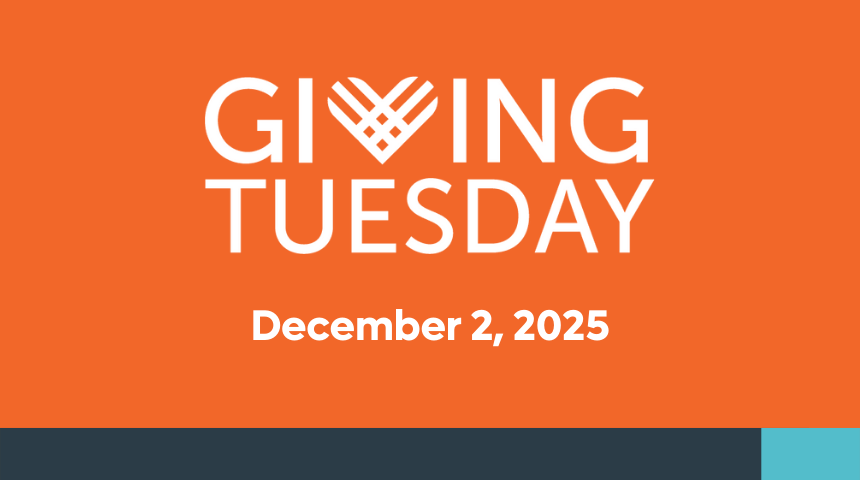Fetal Alcohol Spectrum Awareness Day is September 9
Annually, on September 9, families worldwide observe Fetal Alcohol Spectrum Disorder (FASD) Awareness Day. This day serves as a reminder of the critical importance of understanding the risks associated with alcohol consumption during pregnancy and its lifelong impact on a child. FASD is a complex and often preventable condition.
Fetal Alcohol Spectrum Awareness Day is a vital opportunity to shed light on a preventable but widespread issue. By raising awareness about the risks of alcohol consumption during pregnancy, we can work towards a future where no child has to bear the burden of this condition.
What is FASD?
Fetal Alcohol Spectrum Disorder (FASD) is a range of physical, behavioral and cognitive disabilities that can occur when a mother drinks alcohol during pregnancy. FASD encompasses a spectrum of conditions, including:
- Fetal Alcohol Syndrome (FAS),
- Partial FAS,
- Alcohol-Related Neurodevelopmental Disorder (ARND), and
- Alcohol-Related Birth Defects (ARBD).
These conditions can manifest as learning disabilities, speech and language delays, intellectual disabilities, and behavioral problems.
Current Statistics
Although a global disease, according to the Centers for Disease Control and Prevention (CDC), 1 in 20 school-aged children may have FASD in the United States. While this statistic is high, FASD may still be underdiagnosed or misdiagnosed. This is partially true because while the disease affects both males and females, FASD often presents differently between the two genders.
This information highlights the urgent need for awareness and education about the risks associated with alcohol consumption during pregnancy.
Causes and Prevention
The primary cause of FASD is prenatal alcohol exposure. When a pregnant woman consumes alcohol, it crosses the placenta and enters the developing fetus's bloodstream, potentially causing irreversible
damage to the developing brain and other organs. The severity of FASD depends on various factors, including the timing, amount and frequency of alcohol consumption during pregnancy.
Preventing FASD is straightforward: abstaining from alcohol during pregnancy is the only definite way to ensure a child is not exposed to the risks associated with prenatal alcohol exposure. It's essential to raise awareness about the potential consequences of drinking while pregnant and to provide support and resources to expectant mothers to help them make informed choices.
The Lifelong Impact
FASD can have a profound and lifelong impact on individuals and their families. Children and adults with FASD often face school, employment and social relationships challenges. They may struggle with:
- impulse control,
- have difficulty understanding social cues, and
- experience emotional and mental health issues.
Early diagnosis and intervention can improve the quality of life for individuals with FASD.
Raising Awareness
Fetal Alcohol Spectrum Awareness Day allows individuals, communities and organizations to unite and raise awareness about FASD. Here are some ways you can get involved:
- Educate Yourself: Learn about the risks of prenatal alcohol exposure and share this knowledge with others.
- Spread the Word: Use social media and other platforms to share information and resources related to FASD.
- Support FASD: Contribute to or volunteer with organizations supporting individuals and families affected by FASD, such as Orlando Health Arnold Palmer Hospital for Children.
- Advocate: Advocate for programs that address FASD prevention, diagnosis and support services in your community.
To learn more about Fetal Alcohol Spectrum Disorder, visit https://www.cdc.gov/ncbddd/fasd/index.html.













